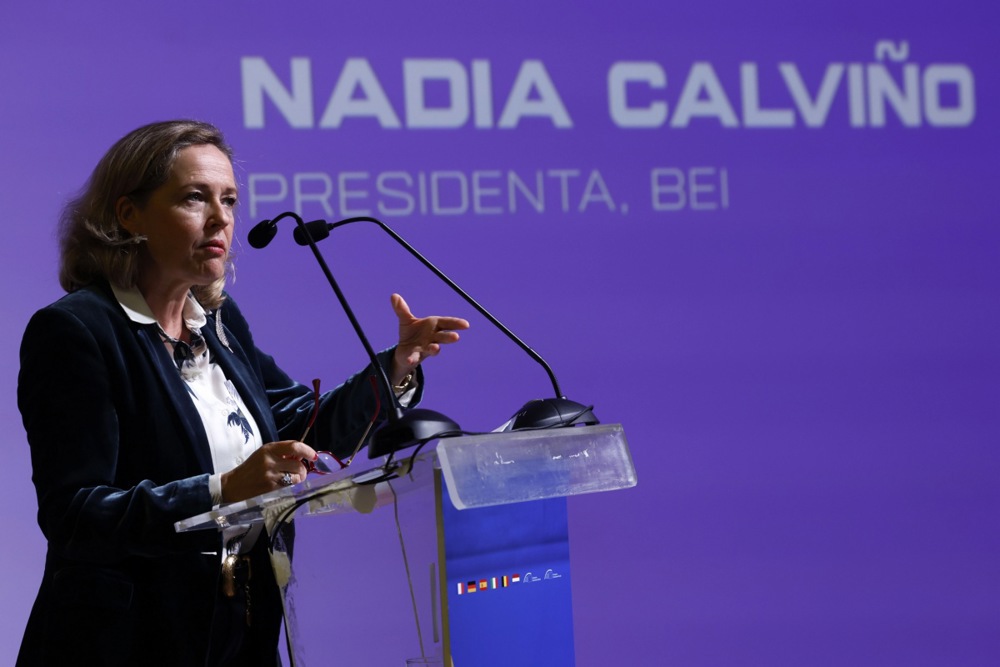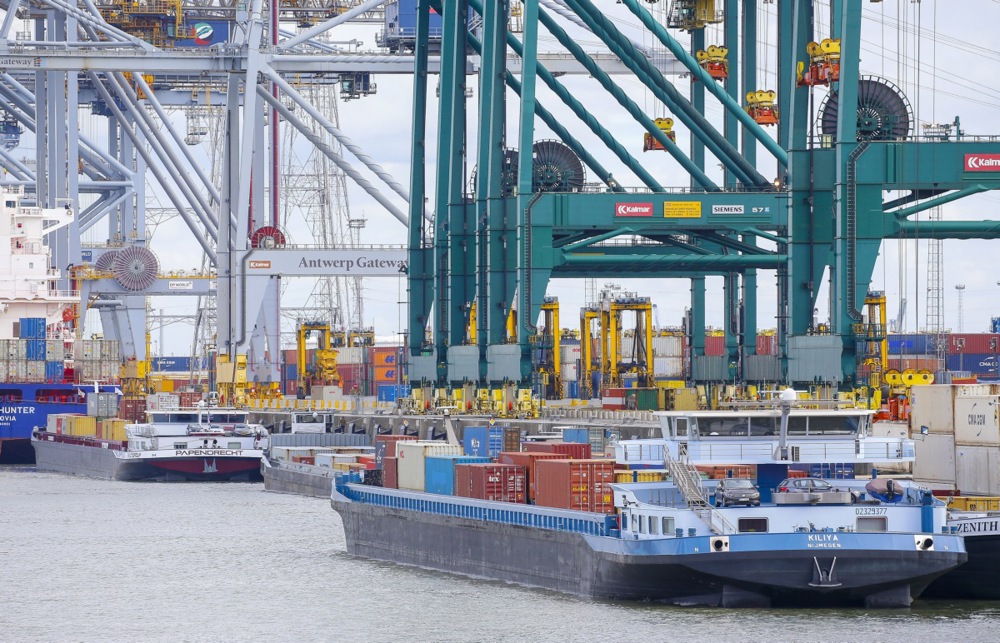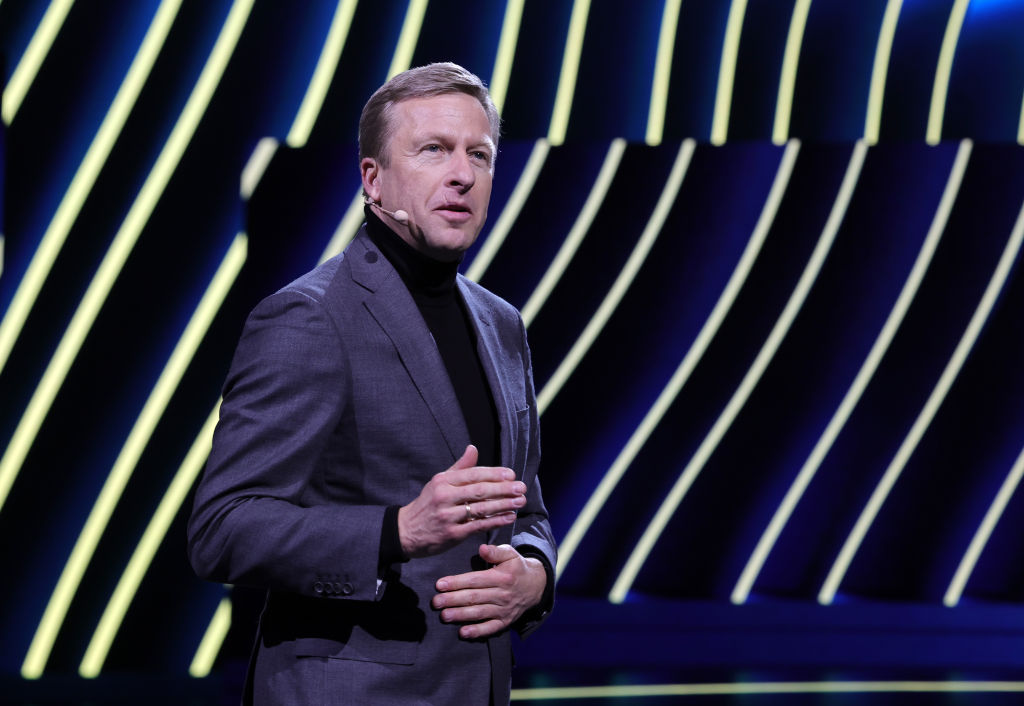An investigation by a Portuguese newspaper has revealed that the Socialist Party (PS), the country’s second largest, was involved in a propaganda operation, involving fake profiles, during the tenure of then prime minister and party secretary-general, António Costa.
The operation involved two different public relations agencies as well as PS’s youth league, all managing hundreds of fake online profiles on a budget of 40,000 euros. The goal was to prop up online polls and disseminate hashtags in order to artificially trend topics and laudatory posts of PS and its leadership.
Some of the coordination meetings took place at PS’s party HQ in central Lisbon. Staff at the PR agencies complained of “ethical problems”, especially when the pandemic hit and messaging began dealing with health issues. Costa’s office in Brussels did not reply to a request for comment.
Professor André Azevedo Alves from the Catholic University’s Political Studies Institute was not surprised by the news calling it a “recurrent political tool of all parties”. He added that while “mainstream means of communication such as radio and television reach much wider audiences, newspapers and certain social media have the added value of salience with influencers and opinion-makers”. He said that “in a liberal democracy it is not illegal to create bots …the more means of communication, the better”. The academic added that the story harmed the credibility of mainstream parties and set a dangerous precedent of double standards when dealing with online campaigns.
Costa has in the past condemned disinformation, saying it was a “threat to the democratic process”.
The President of the European Council has kept up this criticism since his nomination to the key EU role; the website of the institution features lots of content on the topic.
The online campaign came at a time when insurgent parties such as right-wing populist CHEGA! were gaining ground thanks to social media. Conversely, establishment parties dominate mainstream media but often underperform more dynamic smaller parties online.
European Commission President Ursula Von der Leyen Commission’s has been at the head of a drive to regulate social media companies.
Costa’s nomination was controversial to begin with. Corruption investigations in Portugal led to early elections that unseated him from the premiership.





